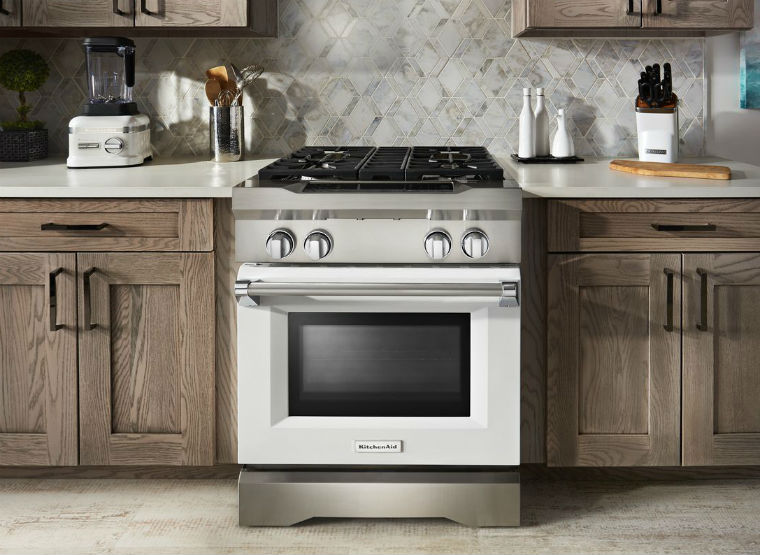Choosing between a gas or electric oven can be a challenge, especially with so many options available on the market. Whether you’re renovating your kitchen or simply upgrading your cooking appliances, it’s essential to understand the differences between the two types of ovens to determine which one suits your cooking style and household needs. Many homeowners consider a Smeg oven due to its reputation for quality and design, but before making a decision, it’s important to weigh the pros and cons of both gas and electric models.
How Do Gas and Electric Ovens Work?
Gas ovens operate by using a flame to generate heat. This heat is typically distributed throughout the oven via natural convection, which means that hot air rises and circulates naturally. Gas ovens are connected to a gas supply, whether natural gas or LPG (liquefied petroleum gas), making them a popular choice in areas with reliable gas connections.
Electric ovens, on the other hand, rely on heating elements to produce and distribute heat evenly. These ovens are plugged into an electrical outlet and can feature multiple elements for both baking and grilling purposes. Many electric models also come with fan-assisted options to ensure even heat distribution.
Advantages of Gas Ovens

Gas ovens have been a staple in many Australian kitchens for decades. Here are some key benefits they offer:
- Lower Operating Costs – Depending on your location and access to affordable gas, running a gas oven can often be cheaper than an electric alternative.
- Instant Heat Control – Gas ovens heat up quickly and allow for immediate temperature adjustments, which is great for recipes requiring precise heat changes.
- Moist Cooking Environment – The combustion process in a gas oven produces moisture, making it ideal for baking dishes that require a soft, moist texture, such as cakes and roasts.
- Power Outage Reliability – Unlike electric ovens, gas ovens can continue to operate during a power outage, provided they have a manual ignition option.
Considerations for Gas Ovens
While gas ovens offer many advantages, they do come with a few potential drawbacks:
- Installation Requirements – You’ll need a gas connection, which might not be available in all homes.
- Uneven Heat Distribution – Gas ovens can sometimes have hot spots, which may require manual rotation of food for even cooking.
- Maintenance – Cleaning gas burners and ensuring they remain free from blockages can require more effort compared to electric elements.
Advantages of Electric Ovens

Electric ovens are becoming increasingly popular due to their efficiency and modern features. Some of the notable benefits include:
- Even Heat Distribution – Electric ovens, particularly those with fan-forced technology, provide consistent and even heat, making them ideal for baking.
- Precision Temperature Control – Electric models allow for precise temperature settings, which is crucial for delicate baking tasks.
- Ease of Use – Most electric ovens come with advanced features such as programmable settings, timers, and self-cleaning functions.
- Installation Simplicity – Without the need for a gas connection, electric ovens can be installed in virtually any home with an electrical outlet.
Considerations for Electric Ovens
Despite their advantages, electric ovens also have some limitations:
- Slower Heat Response – Electric ovens take longer to preheat compared to gas ovens.
- Higher Energy Costs – Electricity rates can vary, and depending on usage, an electric oven may result in higher long-term expenses.
- Power Dependency – In the event of a power outage, electric ovens will not function.
Choosing the Right Oven for Your Home
When deciding between a gas or electric oven, consider factors such as your cooking habits, budget, and kitchen setup. If you love baking and prefer consistent, even heating, an electric oven might be the best choice. On the other hand, if you need instant temperature adjustments and lower running costs, a gas oven could be the better option.
It’s also worth considering hybrid models that combine both gas and electric elements, offering the best of both worlds. Ultimately, the right oven for you will depend on your cooking preferences and the practicalities of your home.






